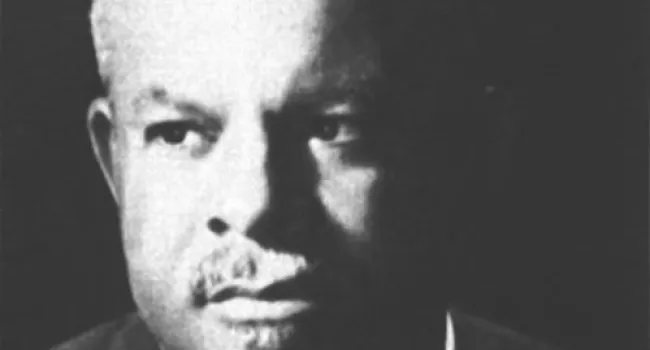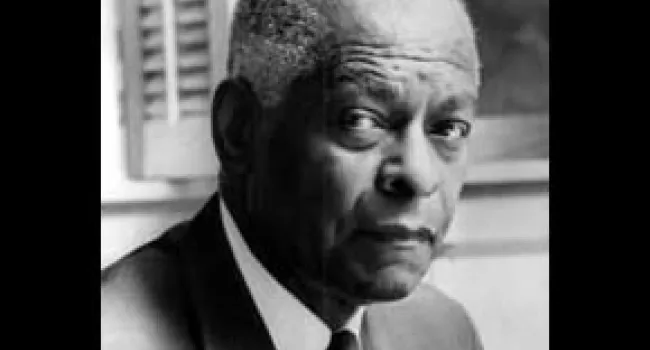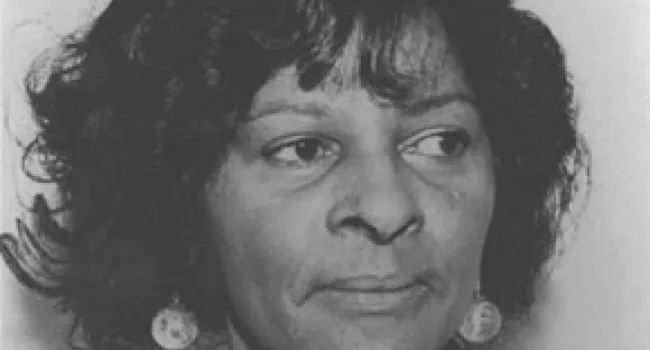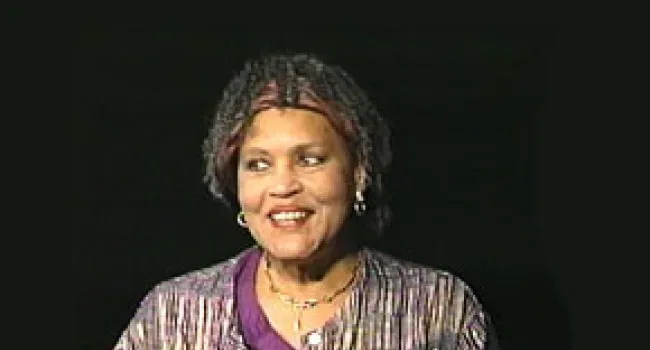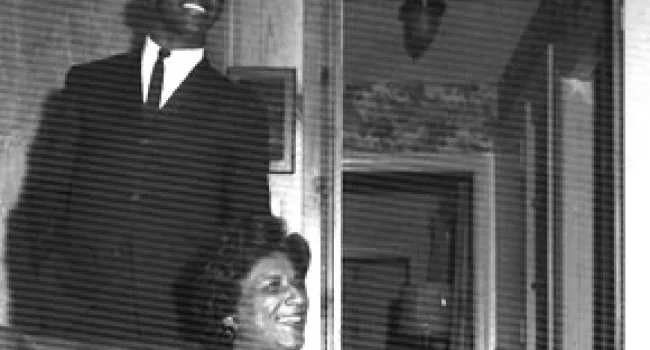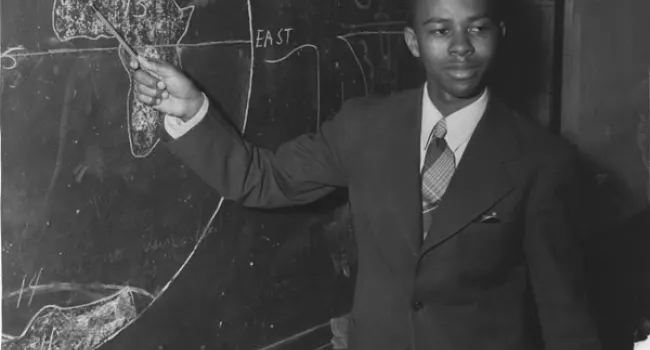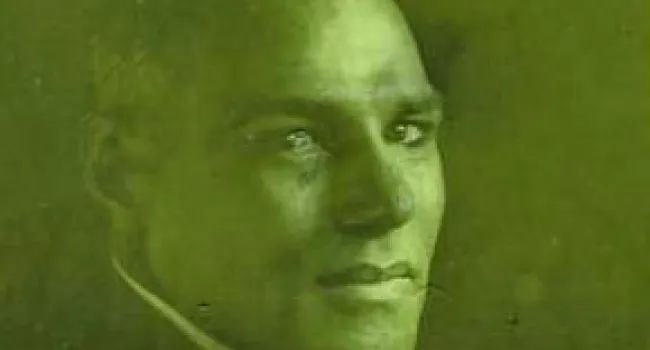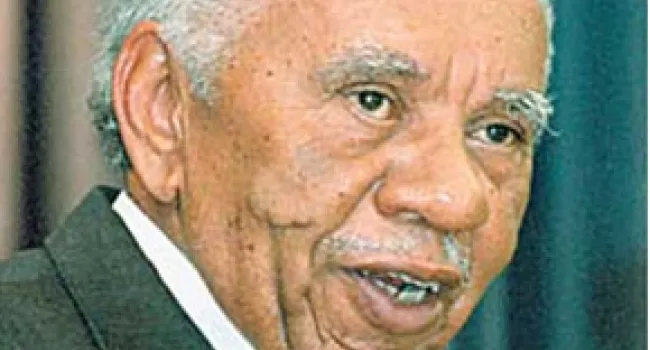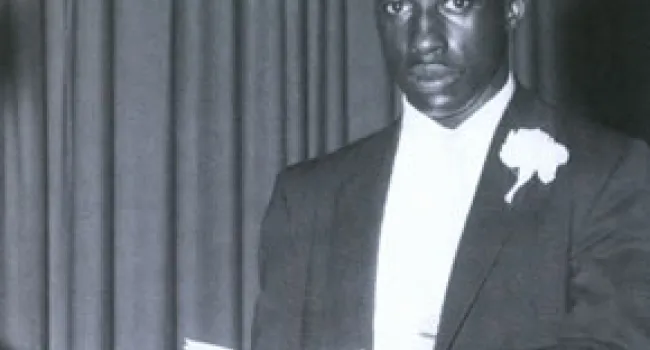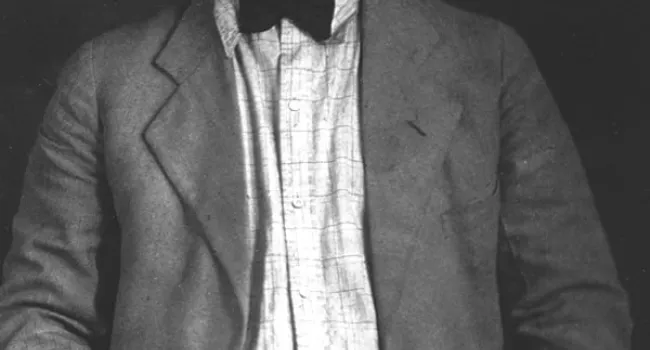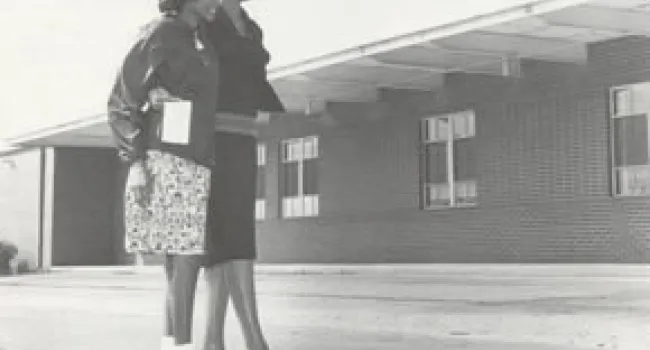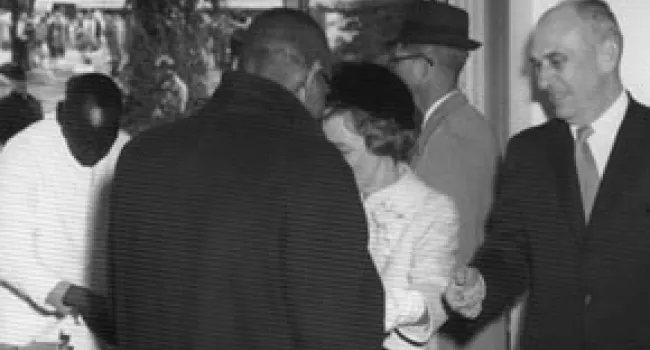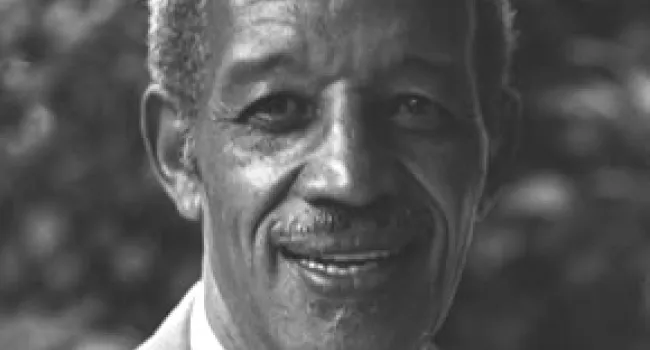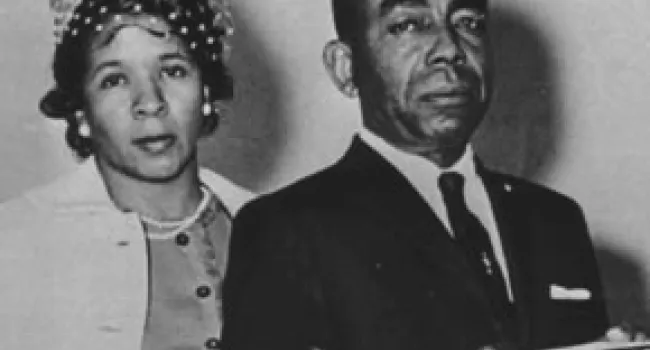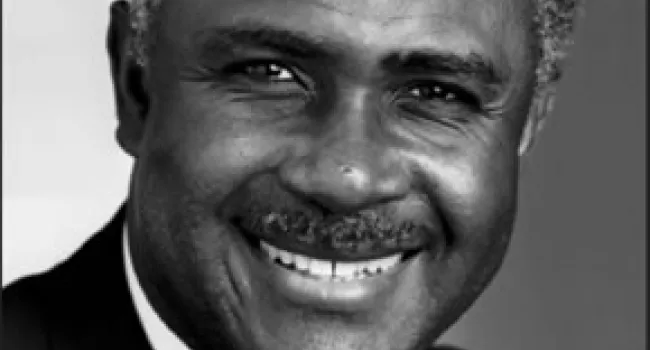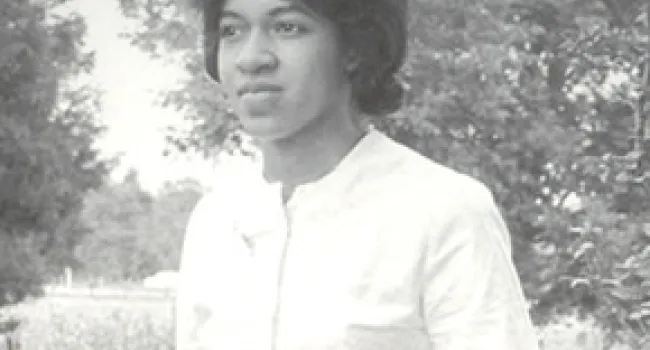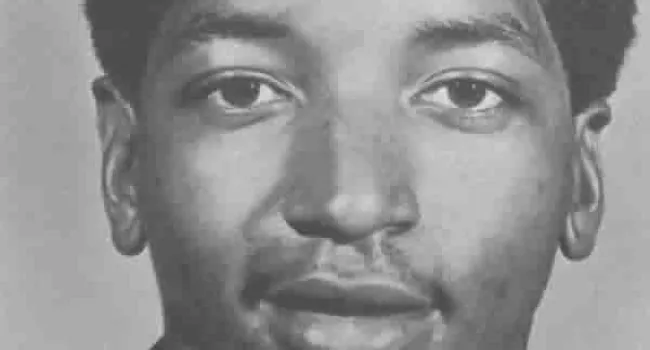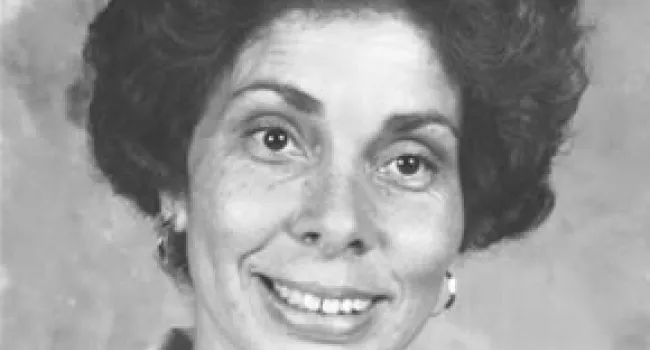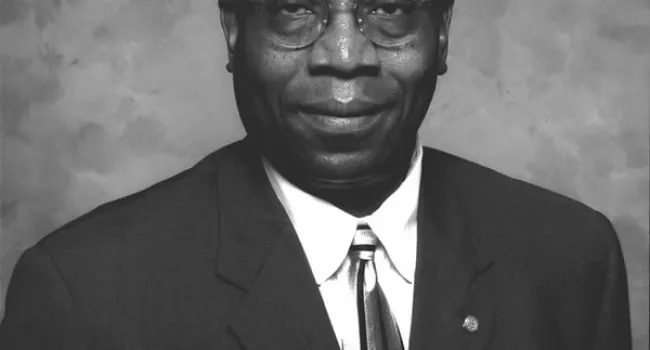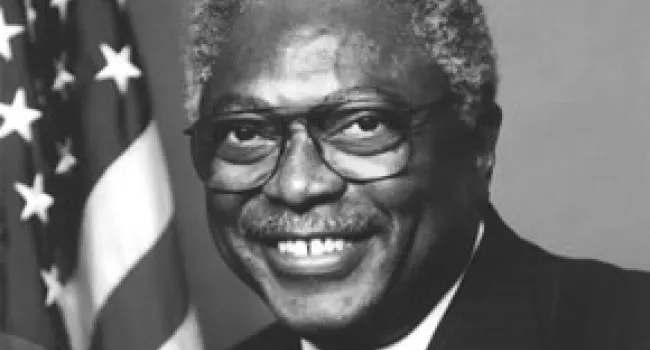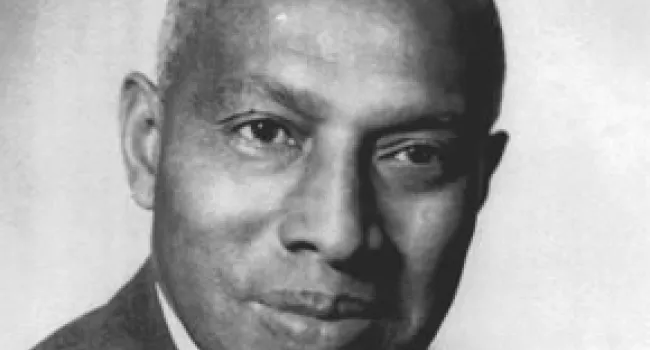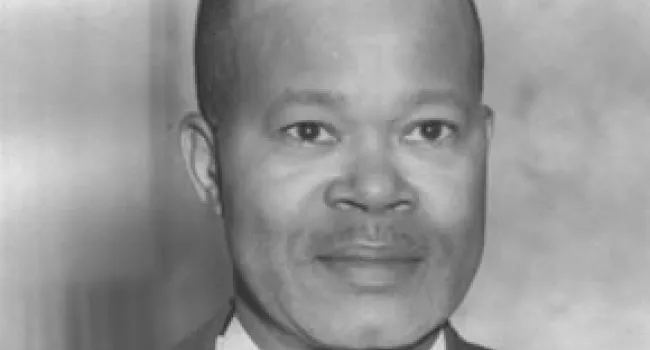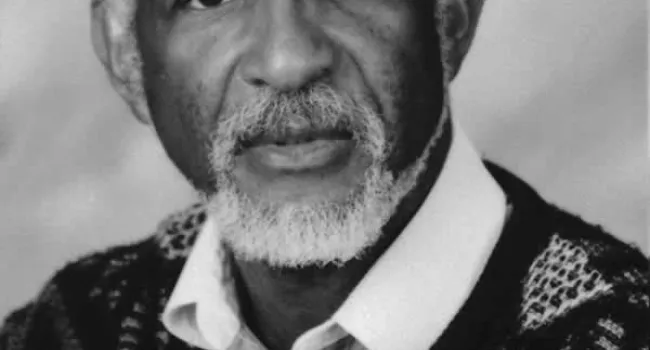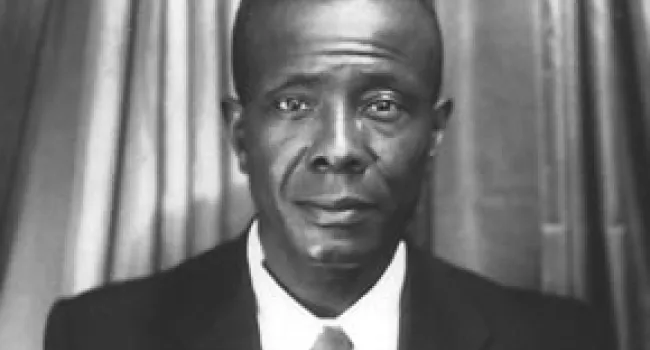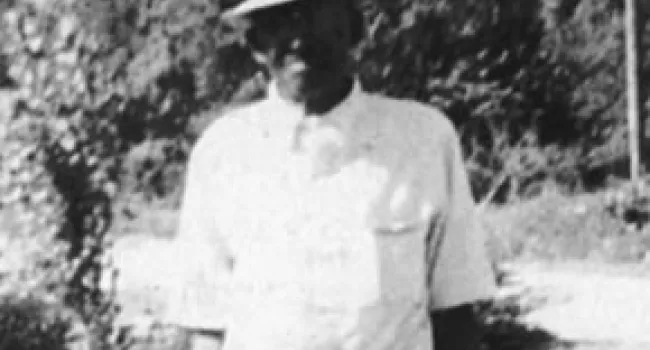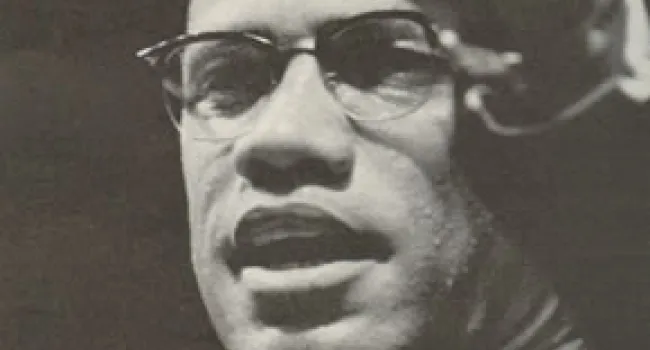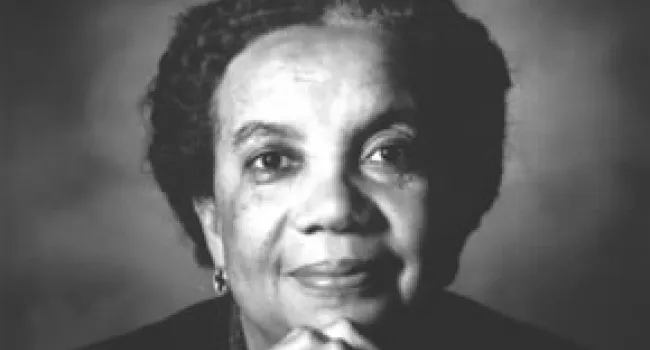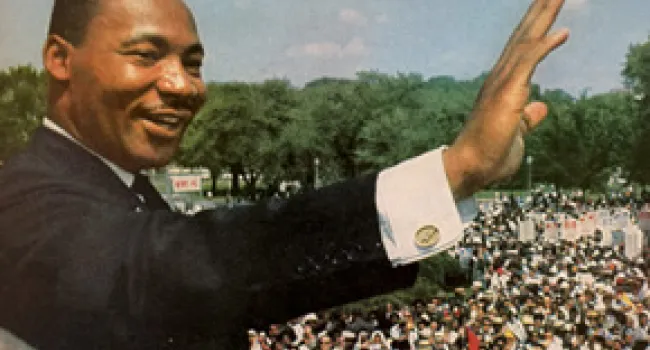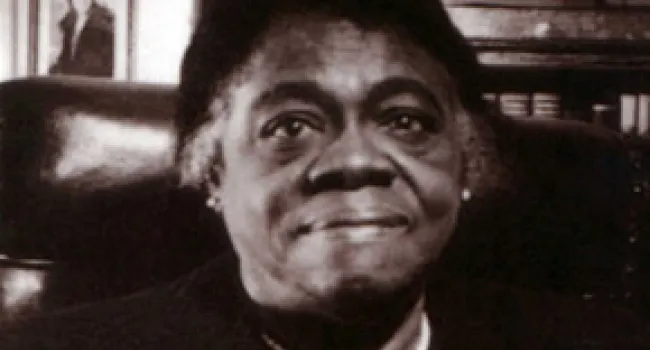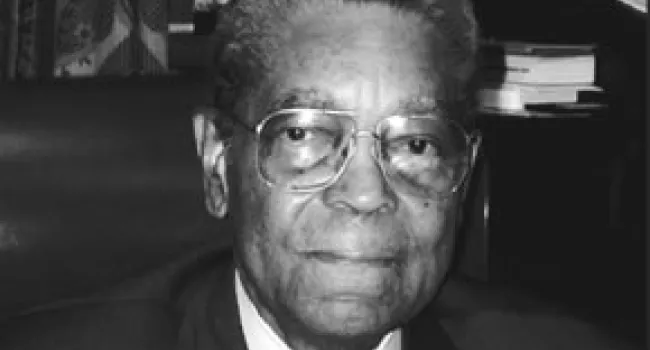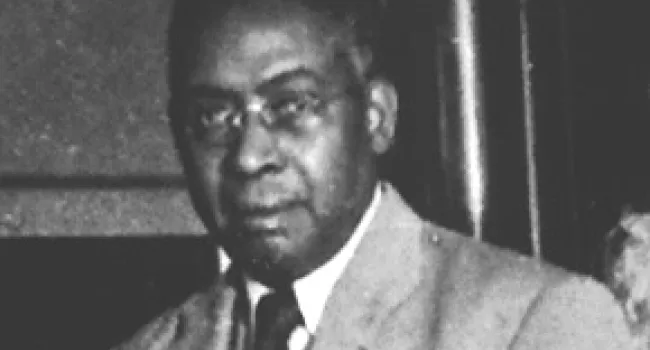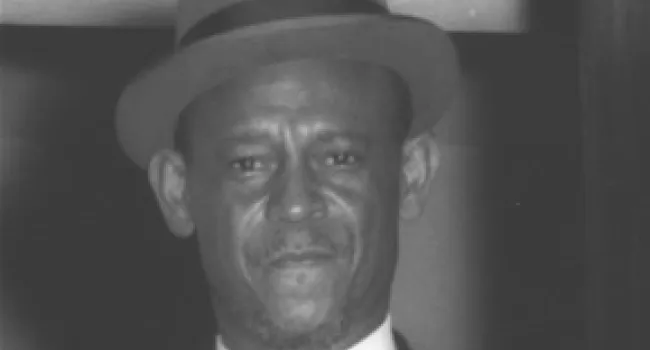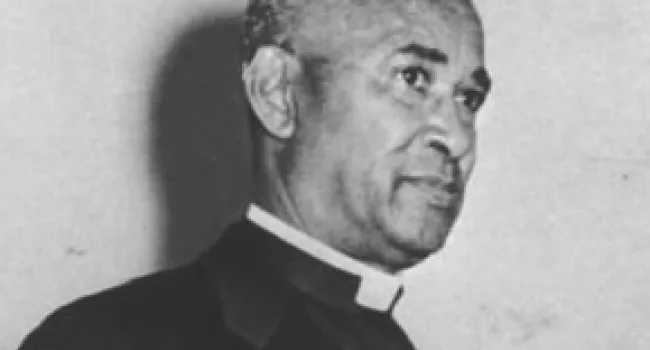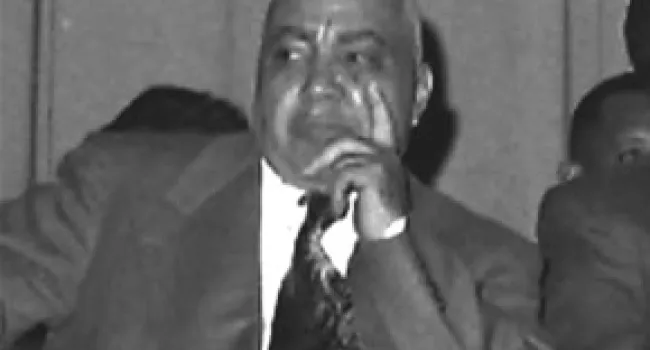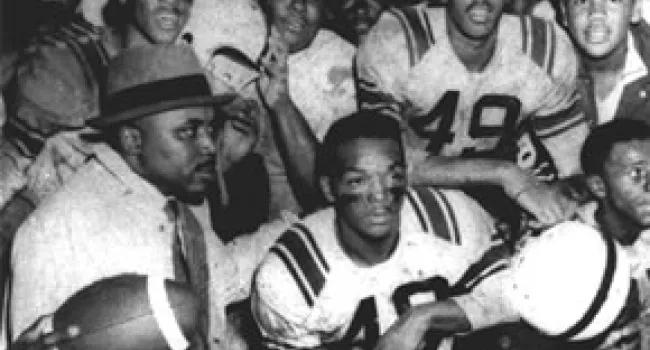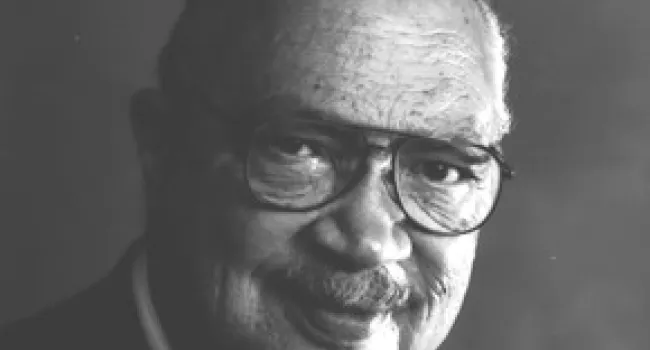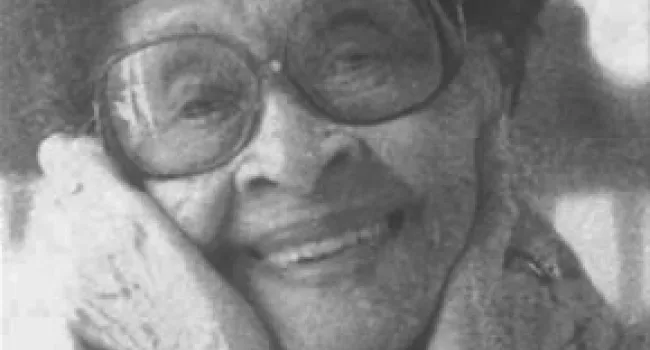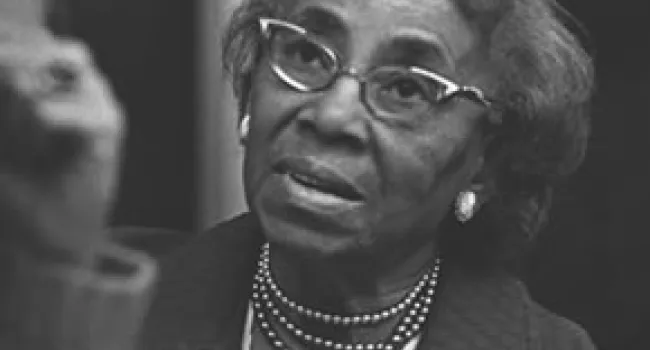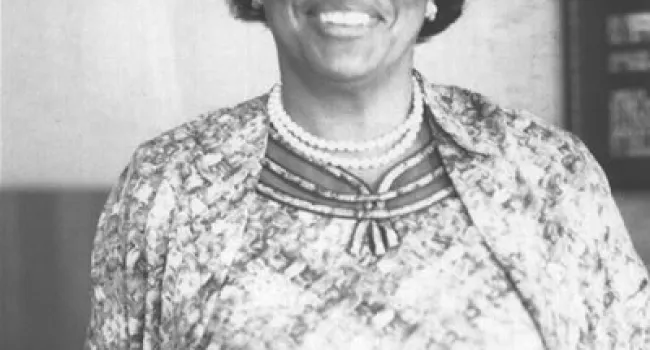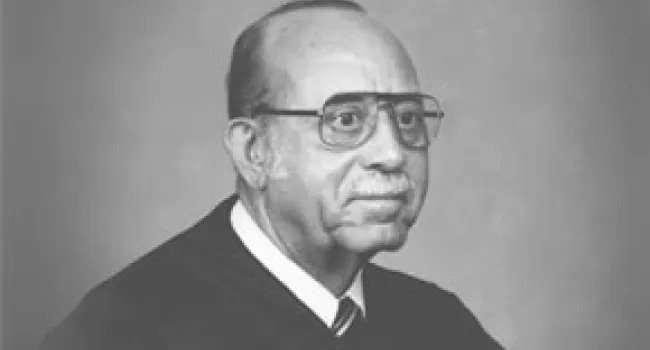
In 1947 Judge J. Waties Waring's monumental ruling in the George Elmore suit (Elmore v. Rice) eliminated the all-white Democratic primary system in South Carolina. For the first time since 1876, the political process allowed African Americans to vote in significant numbers.
Perhaps his greatest impact as a judge was to advise Thurgood Marshall how the Briggs v. Elliott lawsuit might be filed as a constitutional lawsuit rather than one to alter busing inequities. The court ruled that Clarendon County had violated the rights of black students by not providing an equal education. The decision prompted the state to improve black schools statewide.
In February 1952, after the decision on the case of Briggs v. Elliott, Waring and his wife, moved to New York and remained there until their deaths.
Standards
- 5.4.CC Analyze the continuities and changes of race relations in the United States and South Carolina following the Supreme Court decisions of Briggs v. Elliott and Brown v. Board of Education.
- 8.5.CX Analyze the correlation between the Modern Civil Rights Movement in South Carolina and the U.S.
- This indicator was designed to foster inquiry into the role of South Carolina in the Modern Civil Rights Movement, to include the influence of court cases such as Briggs v. Elliot and Flemming v. South Carolina Electric and Gas. This indicator was also developed to promote inquiry into the relationship between national leadership, protests, and events and South Carolina leadership, protests and events, such as the Friendship Nine and the Orangeburg Massacre.
Resources
You need to be logged in to listen to view this content. Create an account now; it's quick, easy, and free!
Log In to View